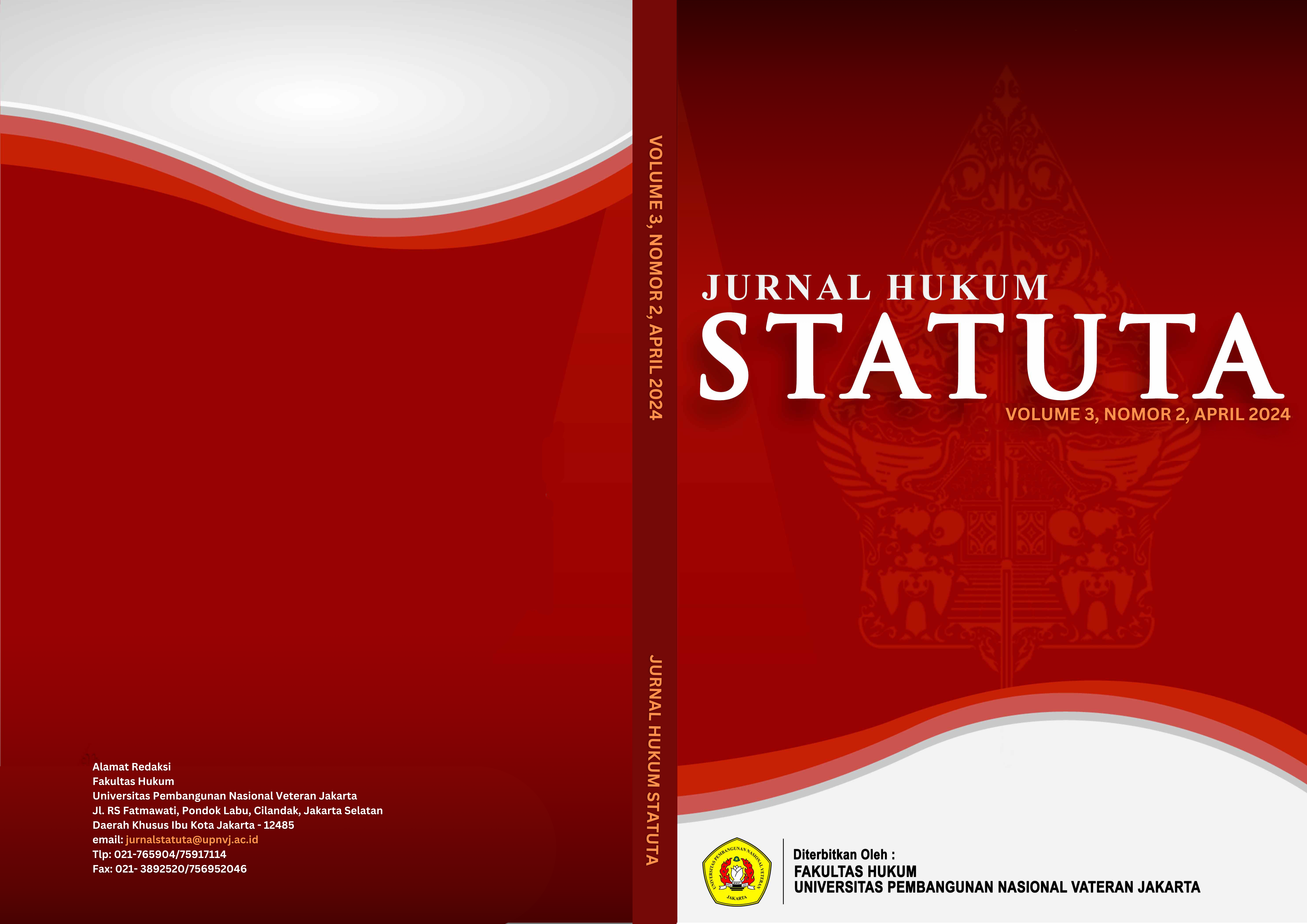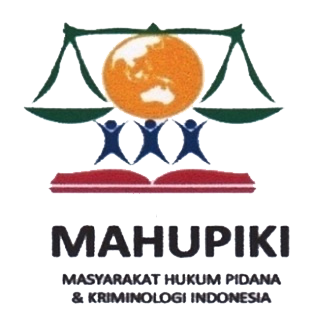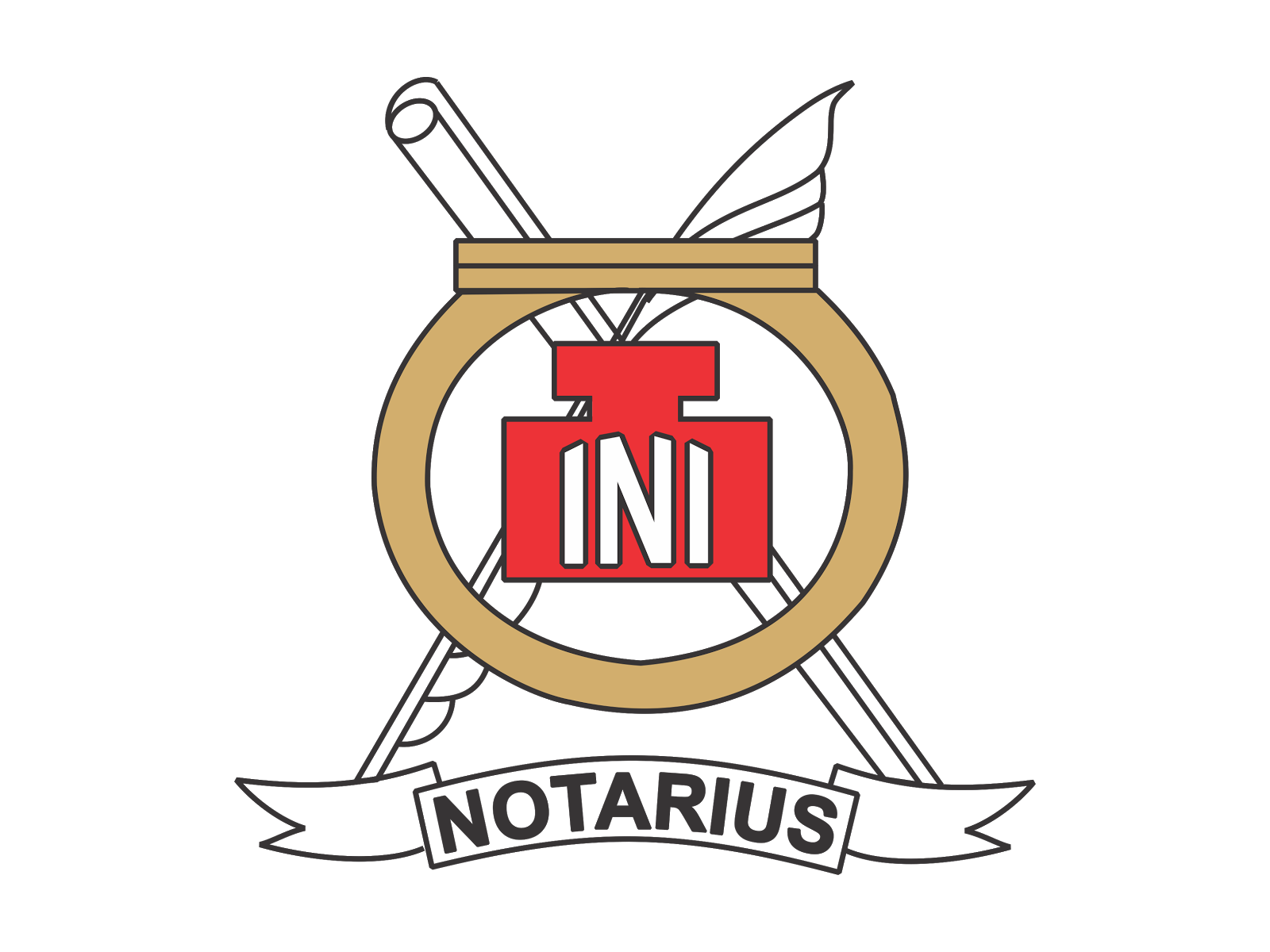Non-litigasi sebagai Mekanisme Penyelesaian Sengketa Lingkungan Bagi Perusahaan di Indonesia
DOI:
https://doi.org/10.35586/jhs.v3i2.9096Keywords:
Non Litigasi; Penyelesaian Sengketa; LingkunganAbstract
Environmental problems have occurred in the global scope, both developed and developing countries. Environmental problems are not only problems of developed countries or industrialized countries including Indonesia. Efforts to overcome environmental problems in developing countries have no other choice but to carry out development. Without the level of development, people will decline, and the environment will be increasingly damaged. Development must still be carried out without damaging the environment. This balance must be maintained in order to preserve the environment. Indonesia has been paying attention to environmental management since 1972. Settlement of environmental disputes through litigation does not produce many results. Dispute resolution through non-litigation channels assumes that dispute resolution through litigation results in very disappointing results. This study wants to conduct a study related to the implementation of Government Regulation No. 54 of 2000 concerning Service Providers for Environmental Dispute Resolution Services Outside the Court and find obstacles and solutions in resolving environmental disputes out of court. The implementation of Government Regulation No. 54 of 2000 at the central government level has established a service provider institution based on the Decree of the State Minister of the Environment Number 77 of 2003 concerning the Establishment of an Out-of-court Environmental Dispute Resolution Service Provider (LPJP2SLH) at the Ministry of the Environment, but its performance has not yet been felt.
Keywords: Non Litigation; Dispute Settlement; Environment
References
Abubakar, Muzakkir. “Hak Mengajukan Gugatan Dalam Sengketa Lingkungan Hidup.” Kanun Jurnal Ilmu Hukum 21, no.1 (2019): 93-108. https://doi.org/10.24815/kanun.v2lil.12766.
Angga, La Ode. “Alternatif Penyelesaian Sengketa Lingkungan Hidup Di Luar Pengadilan (Non Litigasi).” Jurnal IUS Kajian Hukum Dan Keadilan 6, no.2 (2018): 264. http://dx.doi.org/10.29303/ius.v6i2.548.
Arifin, Zainul, Yunial Laily Mutiari, Irsan Irsan, dan Muhammad Syahri Ramadhan. “Peran Perangkat Desa Terhadap Penyelesaian Sengketa Lingkungan Hidup Dalam Perspektif Green Constituion.” Lex Librum : Jurnal Ilmu Hukum 6, no. 2 (2020): 158. https://doi.org/10.46839/lljih.v6i2.186.
Aritonang, Agnes Grace. “Peran Alternatif Penyelesaian Sengketa Di Luar Pengadilan Dalam Perlindungan Dan Pengelolaan Lingkungan Hidup.” Crepido: Jurnal Mengenai Dasar-Dasar Pemikiran Hukum : Filsafat Dan Ilmu Hukum 3, no.1 (2021): 1-12. https://doi.org/10.14710/crepido. 3.1.1-12.
Fahruddin, Muhammad. “Penegakan Hukum Lingkungan Di Indonesia Dalam Perspektif Undang-Undang Nomor 32 Tahun 2009 Tentang Perlindungan Dan Pengelolaan Lingkungan Hidup.” Veritas: Jurnal Program Pascasarjana Ilmu Hukum 5. No.2 (2019): 81-89. https://doi.org/10.34005/veritas.v5i2.489.
Fidelia, Tyas, dan Nada Salsabila. “Penyelesaian Sengketa Lingkungan Hidup Perspektif Kearifan Lokal Indonesia.” Law Review 19, no.3 (2020): 291. https://doi.org/10.19166/lr.v19i3.1809.
Friskawati, Yanti. “ Kendala Penyelesaian Sengketa Lingkungan Hidup Di Luar Pengadilan.” Bina Hukum Lingkungan 1, no.1 (2016): 1-13. https://doi.org/10.24970/bhl.v1i1.13.
Herlina, Nina. “Permasalahan Lingkungan Hidup Dan Penegakan Hukum Lingkungan Di Indonesia.” Jurnal Ilmiah Gakuh Justisi 3, no. 2 (2015): 1-15. https://doi.org/10.25157/jigj.v3i2.93.
Lestari, Komala Sridewi, dan Devi Siti Hamzah Marpaung. “Penyelesaian Sengketa Lingkungan Hidup Diluar Pengadilan (Non Litigasi) Melalui Jalur Negosiasi (Studi Kasus Tumpah Nya Minyak DI Laut Karawang).” Jurnal Justitia Ilmu Hukum Dan Humaniora 9, no.2 (2022): 51-60. https://doi.org/10.31604/justitia.v9i2.51-60.
Lisdiyono, Edy. “Penyelesaian Sengketa Lingkungan Hidup Haruskah Berdasarkan Tanggung Jawab Mutlak Atau Unsur Kesalahan.” Jurnal Spektrum Hukum 11, no.2 (2014): 67-76. https://doi.org/10..35973/sh.v11i2.620.
Palsari, Cahya. “Kajian Pengantar Ilmu Hukum: Tujuan Dan Fungsi Ilmu Hukum Sebagai Dasar Fundamental Dalam Penjatuhan Putusan Pengadilan.” Jurnal Komunitas Yustisia 4, no. 3 (2021): 40-50. https://doi.org/10.23887/jatayu.v4i3.43191.
Sutoyo. “ Paradigma Perlindungan Lingkungan Hidup.” ADIL: Jurnal Hukum 4, no.1 (2013): 192-206. https://doi.org/10.33476/ajl.v4il.33.
Wasi, Handri Wirastuti Sawitri, dan Rahadi Bintoro. “Sengketa Lingkungan Dan Penyelesaiannya.” Dinamika Hukum 10, no.2 (2010). https://doi.org/10.20884/1.jdh.2010.10.2.149.
Downloads
Published
How to Cite
Issue
Section
License

This work is licensed under a Creative Commons Attribution-ShareAlike 4.0 International License.
Authors who publish with this journal agree to the following terms:
- Authors retain copyright and grant the journal right of first publication with the work simultaneously licensed under a Creative Commons Attribution-ShareAlike 4.0 International License that allows others to share the work with an acknowledgement of the work's authorship and initial publication in this journal.
- Authors are able to enter into separate, additional contractual arrangements for the non-exclusive distribution of the journal's published version of the work (e.g., post it to an institutional repository or publish it in a book), with an acknowledgement of its initial publication in this journal.
- Authors are permitted and encouraged to post their work online (e.g., in institutional repositories or on their website) prior to and during the submission process, as it can lead to productive exchanges, as well as earlier and greater citation of published work (See The Effect of Open Access).
Jurnal Statuta have CC-BY-SA or an equivalent license as the optimal license for the publication, distribution, use, and reuse of scholarly work.
In developing strategy and setting priorities, Jurnal Statuta recognize that free access is better than priced access, libre access is better than free access, and libre under CC-BY-SA or the equivalent is better than libre under more restrictive open licenses. We should achieve what we can when we can. We should not delay achieving free in order to achieve libre, and we should not stop with free when we can achieve libre.
You are free to:
- Share — copy and redistribute the material in any medium or format
- Adapt — remix, transform, and build upon the material for any purpose, even commercially.
The licensor cannot revoke these freedoms as long as you follow the license terms.

Jurnal Statuta licensed under a Creative Commons Attribution-ShareAlike 4.0 International License.











